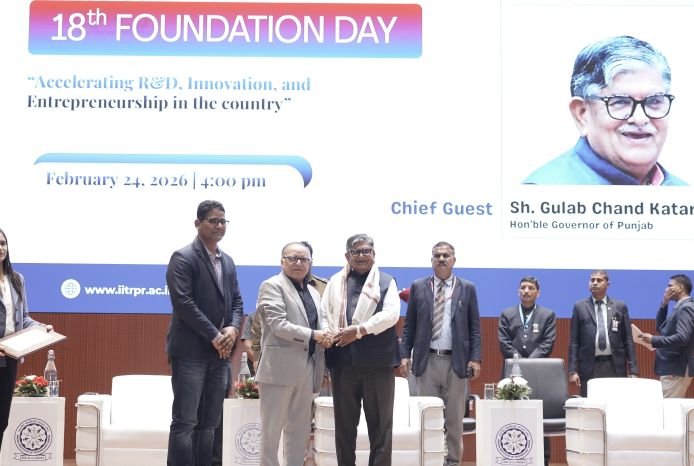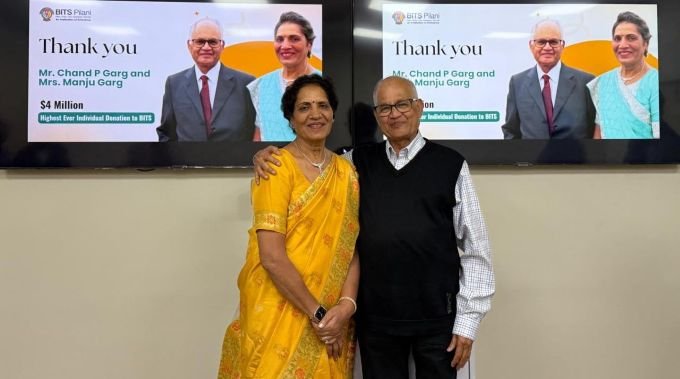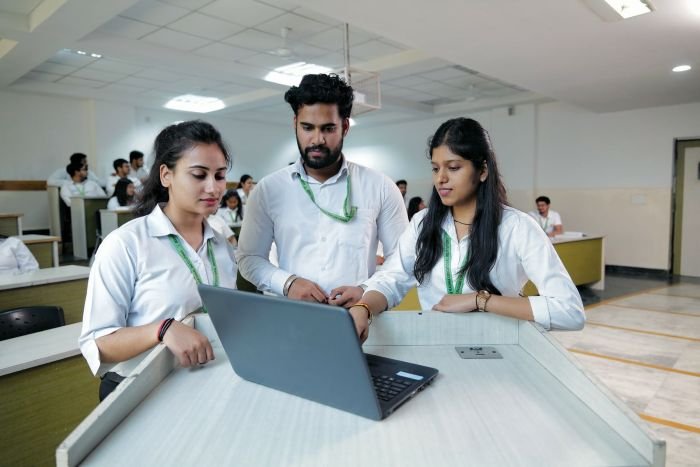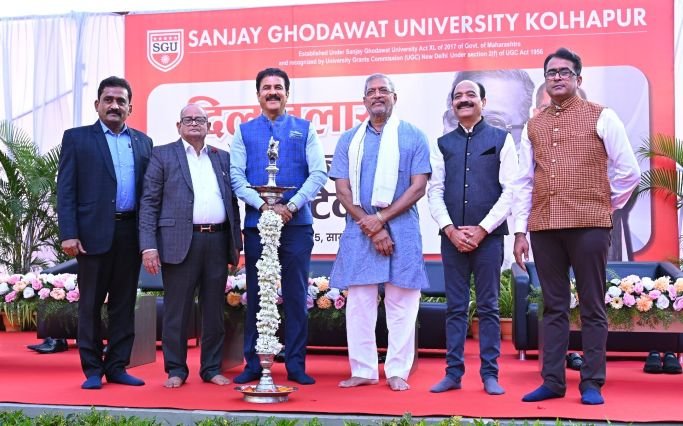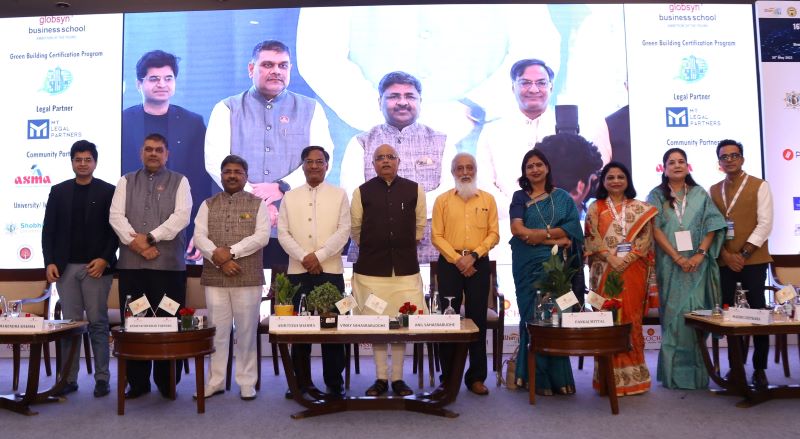
The National Educational Technology Forum (NETF) headed by former AICTE chairman Dr Anil Sahasrabuddhe is working on making ‘EduLocker’ a reality with registries of the entire ecosystem including students, teachers, institutions (both schools and colleges). The system is envisaged to keep digital registry of every student right from school and will include records from formal informal, sports, cultural and other fields, which could be used for credit calculations whenever or wherever required and this edulocker will an authentic and validated summary repository of life-long learning of a student.
Speaking at the ASSOCHAM 16th International Education Summit & Skill Development Summit 2023, Dr Anil Sahasrabuddhe, who as the former chairman of AICTE created waves of aligning technical education with the NEP 2020 and Indian value system, added that unless databases, edulcokers will be registries with unique IDs. “Student unique ID will be Aadhaar based, those of teachers can be Aadhaar/PAN based, and similarly these unique IDs will be created for institutions, agencies and others. The whole idea is to create a pre-validated and authentic database and also resolve credit transfer issues under ABC,’ he said.
He also touched upon the Dr. K. Radhakrishnan Overarching Committee report made public for consultation, suggestions and feedback early this month (May) and explained that upgradation of ‘One Nation, One-Data Platform’ was needed to weed out suspicion, reduce work and create validated data of education sector for use by various agencies and departments. “For quality of evaluation or other purposes various central and state agencies seek data from institutions from time to time and more than 90% data is same in all cases though formats may be different. So, whenever, there is mismatch, suspicion arises. Therefore, ‘One Nation, One Data Platform’ which as proposed will require data uploading once a year by the institution, will then be authenticated and validated and will be available to such agencies,” he said.
He also revealed that the Universal Human Values modules introduced by AICTE, have showed evidence that in intuitions where it has been implemented, are reporting better student behavior and assimilation of these values.
Earlier, Kunwar Shekhar Vijendra, Chairman, ASSOCHAM National Council on Education & Co-Founder & Chancellor, Shobhit University, while welcoming the guests and delegates of the conference said that platform of the conference is being used to enhance cooperation among our own member institutions and learn from each other. He added: “Most of us are working in isolation and if we assume every institutions has at least one good practices, then 100 members that we have, will prove a force reckoner. We often talk about challenges but less on opportunities, so the effort is to develop our own ecosystem, identify opportunities of collaboration and evolve as a think tank to help in reading a future roadmap in this technology driven transformative era.”
Dr. Vinay Sahasrabuddhe, President of the Indian Council for Cultural Relations (ICCR), who was the chief guest on the occasion emphasized the need of purposeful and practical value addition to education through skills and cultural understanding. He said that attracting foreign students remains a challenge for the country because international students aspire for securing good jobs through education and culture. Dr Sahasrabuddhe said that a proposal cum policy from ICCR has been submitted to the Government for engaging foreign students to cultural legacy, heritage and traditions so that besides adding cultural value to their learning, they also become goodwill ambassadors for India once they go back. “Since education and skill development go hand in hand, private universities need to be quality-oriented in terms of studying values. For this creating a cultural connect including with skills that are grown at home by artisan and craftsmen, etc is essential,” he said.
Prof. Ashutosh Sharma, President of the Indian National Science Academy speaking on the occasion informed the gathering that S 20 or Science 20 under India’s G 20 presidency this year provides an opportunity to delve in our richness of wisdom and contribute to the ideas. He said sustainable development requires holistic way of thinking and multidisciplinary approach and in turn makes job of the life- long learning responsibility of the student. He also spoke about how the disciplines were created by fragmenting education in 1000 ways and now through re-assembly or multidisciplinary process is being put back to tackle the approach from working in silos to challenges of overarching future collectively.
In her special address, Prof. (Dr.) Pankaj Mittal, Secretary General of the Association of Indian Universities, stressed the necessity changed role of teachers in transformative education. She said one-size fits all model has out-lived its utility and popularity of courses is a better way of assessing teachers as best teachers are behind their popularity. She said like the West here a particular teacher teaches a course in different institutions is a norm, HEIs here in India must too prepare for the same.
Young people drive sustainable growth and are predisposed to play a major role in defining the future of the country, according to Dr. Mahendra Sharma, Co-Chair of the ASSOCHAM National Council on Education and Pro-Chancellor and Director General of Ganpat University. This emphasizes the importance of making an investment in developing the requisite 21st-century skills and competencies.
Prof. Rajita Kulkarni, Co-Chair, ASSOCHAM National Council on Education & President, Sri Sri University, discussed how values- and ethics-based education, as well as life skills, can improve societal fabric.




